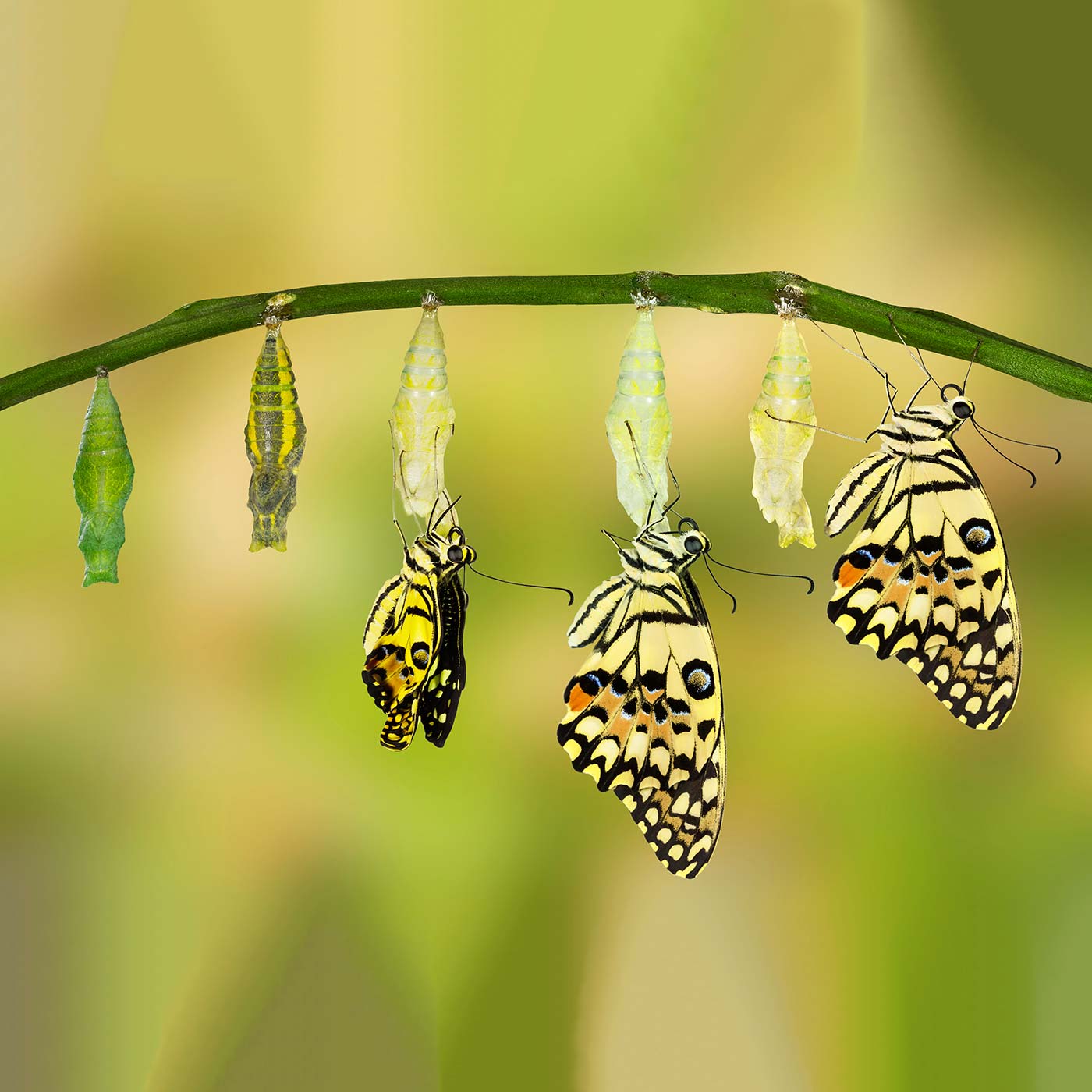Why do we grow old /
Definition
Aging process = our body’s decrease in it’s ability to adapt = the vitality (liveliness) of our body’s cells decreases.
In the biology dictionary (Spektrum Publishing) aging is defined as follows:
“The term “aging” is unclear and in everyday use has a negative connotatio: a child develops, gets older, but doesn’t age.”


If you look at aging from different biological perspectives then it’s useful to choose the most comprehensive definition for this, heterogenous within the organisms process: aging is an irreversible, time dependent change of structure and function of living systems. (The term “aging” should be used for inaminate systems). Generally aging of an organism is characterised by the decrease in it’s ability to adapt to environmental influences. Physiological mechanisms which serve to preserve the inner ambiences can no longer complete their tasks quickly and precisely enough the homeostasis is disrupted. As a consequence of the aging process the mortality rate increases and the vitality decreases. “Vitality” is also equivalent to “biological age”.
